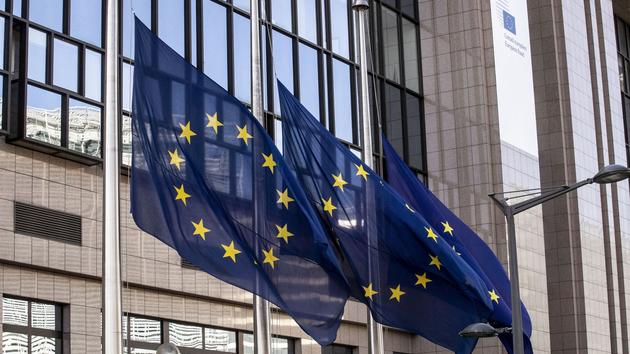Bruno Alomar is an economist, and worked in the office of the European Commissioner for Energy as well as in the Directorate-General for Competition of the European Commission.
The European Union, like the scorpion in La Fontaine's fable, can only do one thing: use its competition law against such and such a State, such a company or such a group of companies in order to defend the functioning of competition - necessarily virtuous - of the economy?
One may wonder how much European competition law, structured around the authorization regime for State aid, the prohibition of cartels and abuses of a dominant position, and finally the merger authorization regime, occupies a central place in European public policies.
Through this right, a rare federal competence of the EU, Germany, which introduced it into the Treaty of Rome in 1957 when France only thought about agriculture, disseminates its ordo-liberal doctrine.
Let us put it bluntly: it is natural that in a market economy, and with respect for economic freedom, the competitive regulator intervenes from time to time to put an end to behaviors that disrupt the proper functioning of the economy.
And it is to be welcomed that the European Commission, together with the Directorate-General for Competition, has a competition authority respected by its peers.
By imagining EDF's reform solely through the prism of competition, the EU gives credence to the idea that it is incapable of raising itself to the level of complexity of public policies.
However, as often, everything is a matter of measurement.
And if, according to Tinbergen's rule, an economic policy tool must make it possible to achieve an objective, all Community action should not be reduced to the protection of competition.
It is, however, an extremely unfortunate trend that must be noted.
Two current examples illustrate this.
To read also:
Vaccination campaign: "Once again, the European Union is the other name of our collective disarmament"
First example: energy.
Not a week goes by without understanding that EDF's future architecture depends on close negotiations between the French authorities and the European Commission.
Except that in fact, the EU places most of this major subject under the seal of competition law, and leaves DG Competition to maneuver, the other directorates-general, in particular energy, being left on the sidelines. side.
It is not inappropriate for the issue of healthy competition to be addressed and duly addressed.
However, it is clear that the future of EDF, and more broadly of the European energy policy to which everyone aspires but that an exclusively competitive approach helps to keep in limbo, must be considered in the light of criteria other than competition alone: energy sovereignty and independence, the issue of the climate and therefore the place of nuclear energy as low-carbon energy, regional planning, employment, etc.
So many different objectives, sometimes contradictory, and whose difficult reconciliation refers precisely to what makes the salt of public policies: knowing how to arbitrate between the goals of public action.
By giving the feeling that the EDF reform should only be viewed through the prism of competition, the EU gives credence to the idea that it is incapable of raising itself to the level of complexity required by public policies.
Read also:
"The European Union must develop competing services with GAFA"
Second example: digital.
Here again, the EU, because its DNA is undistorted competition, believes that it is through competition law that Europe, which has missed the digital revolution, will catch up.
It is in this context that it intends to reform its competition law forceps, in particular, through the Digital Markets Act (DMA), not fearing, at the same time, to create preventive mechanisms that could harm its values. , like the rights of the defense.
The essential factors of success in digital technology owe nothing to the EU, but to national prerogatives, or to cultural factors.
Worse, by claiming to reduce everything ad competio, it is mistaken about the strength of its tool and does not want to see that the main part of the success to which it aspires lies in the mobilization of means which it does not have: funding, entrepreneurship, taxation.
These essential factors of success in the digital domain owe nothing to the EU, but correspond either to national prerogatives or to cultural factors against which competition law is powerless.
Other examples in the digital field illustrate this proposal to reduce everything to competition.
It is because the European Treaty prohibits fiscal harmonization that the Commission has tried, through competition and the Apple case, to tax through competition ... at the risk of getting its feet in the carpet and to be contradicted by the Court of Justice.
Ultimately, by having a hammer - competition - in the head, the EU runs the risk of seeing all the problems in the form of a nail.
This confronts her with a double danger.
Expect too much of this tool and misuse it.
Worse, not to understand that if it claims to lead public policies worthy of the name, it must take the risk of facing the complexity and not give in to the facility which consists in claiming to regulate everything through competition law. After all, the current Commission wants to be “
geopolitical
” with a vision of Europe's strategic interests: where are the strong acts if an exclusively competitive approach prevails?



